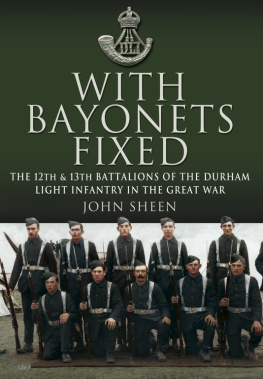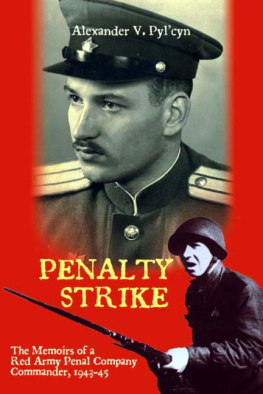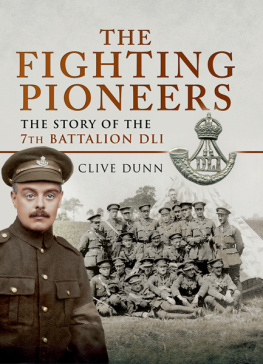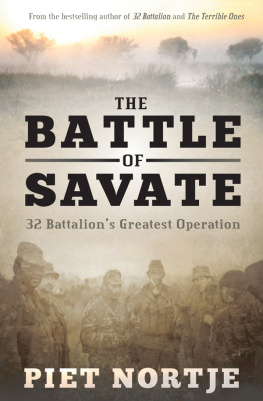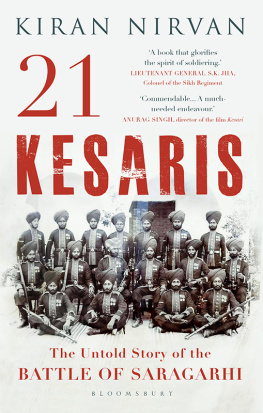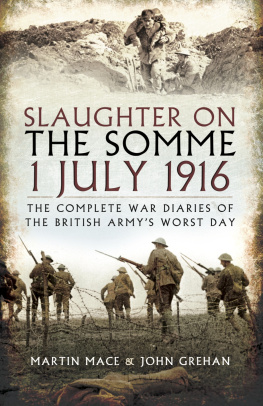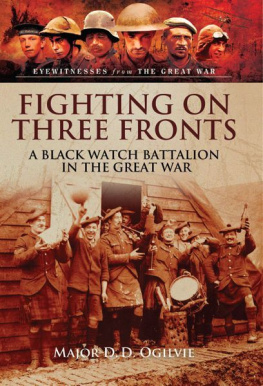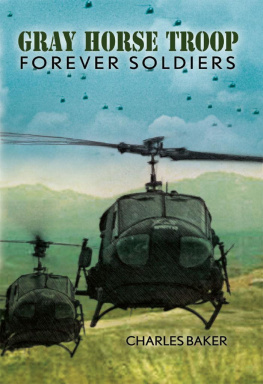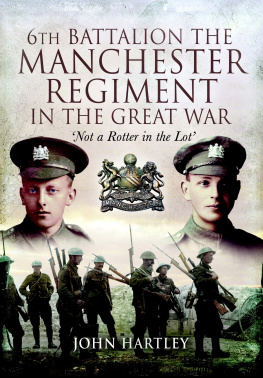The Lost
Battalion
of TET


The Lost
Battalion
of TET
Breakout of the 2/12th Cavalry at Hue

Charles A. Krohn
NAVAL INSTITUTE PRESS
Annapolis, Maryland
The latest edition of this book has been brought to publication with the generous assistance of Marguerite and Gerry Lenfest.
Naval Institute Press
291 Wood Road
Annapolis, MD 21402
2008 by Charles A. Krohn
All rights reserved. No part of this book may be reproduced or utilized in any form or by any means, electronic or mechanical, including photocopying and recording, or by any information storage and retrieval system, without permission in writing from the publisher.
Library of Congress Cataloging-in-Publication Data
Krohn, Charles A.
The lost battalion of Tet : breakout of the 2/12th Cavalry at Hue / Charles A. Krohn. 1st Naval Institute Press pbk. ed.
p. cm.
Rev. ed. of: The lost battalion. Westport, Conn. : Praeger, 1993.
Includes index.
ISBN 978-1-61251-207-5
1. Vietnam War, 1961-1975Regimental historiesUnited States. 2. United States. Army. Air Cavalry Division, 1st. Battalion, 2ndHistory. 3. Hue, Battle of, Hu, Vietnam, 1968. 4. Tet Offensive, 1968. I. Krohn, Charles A. Lost battalion. II. Title.
DS558.4.K76 2008
959.704342dc22
2007037971
14 13 12 11 10 09 08 9 8 7 6 5 4 3 2
First printing
To Jeannie
CONTENTS


A Retrospective View and a Few Surprises
I am pleased the Naval Institute Press is bringing out this updated edition of the book Praeger published in 1993. As soon as the book reached its original readers, it triggered a wave of comments, mostly friendly, wondering why I had failed to include a description of an event that, according to the correspondent, should have been included.
I was moved by letters, e-mails, and calls from next of kin, some of whom had learned details about the fate of their loved ones for the first time. This communication was one of the unintended consequences of writing a book about the war, and it was very gratifying for readers to reach out to me, whether their comments were supportive or critical. At least it proved my book was being read by interested and knowledgeable people who were willing to share their innermost thoughts. Many authors are not so fortunate.
My intent now is to make corrections or adjustments of interpretation, warranted by the receipt of new information. Later Ill share with you some of the comments I received.
First, let me correct the casualty figures. During the six-week period described in the book, the foxhole strength of the 2/12th fell from five hundred to fewer than two hundred. I originally said this included 60 killed in action and more than 250 wounded in action, a casualty rate of about 65 percent. Among the fallen were the battalion commander, Lieutenant Colonel Bobby Gregory, the operations officer, Major Larry Malone, a company commander, Captain Jim Stone, and my assistant, Sergeant Richard Keefe. Gregorys replacement was Lieutenant Colonel Dick Sweet, a Korean War veteran.
I now know the KIA figure was eighty-one, not sixty, including the crew of five who flew Gregory and Keefe over the Que Son Valley. It also included Captain John L. Barovetto, commander of B Troop, 1st Squadron, 1st Cavalry, attached to 2/12th Cav for the defense of Landing Zone Ross. When I wrote the battalion up for the Presidential Unit Citation immediately after Tet 68, I used the casualty figures available at the time. I assume that some of the wounded later died, increasing the total of friendlies killed in action.
In new appendixes at the end of this book I include the names of those killed and a list of the twelve who received the Distinguished Service Cross for heroic service during this period. I dont claim this is a record, rejecting notions of competition for heroism, but it does reflect the intensity of the combat described in this book.
While working on this new edition I received an e-mail from Dennis Moss, a friend of Captain Barovetto. John Barovetto was a great leader who was very respected by his men, both for his knowledge and the way he interfaced with his men, Moss declared. He was a great man. I endorse this observation. I also learned from Roger Kehrier that Jim Stones remains have yet to be recovered, but the search continues.
Maybe the greatest surprise came in March 2006 from Dr. Erik Villard of the Armys Center of Military History. Dr. Villard told me he was writing the official U.S. Army history of the period of the Vietnam War and noted that The Lost Battalion has been extremely valuable to me in explaining the Armys role in the battle. It is flattering to know that significant portions of Villards monograph are drawn from The Lost Battalion.
I recognize that Dr. Villard cannot repeat my speculations as historical fact in an official publication. But based on my examination of an early draft, close readers of my book will find no contradiction with his work.
Perhaps the person most affected by my publication was Dick Sweet, who took command when Gregory was killed. Sweet later suffered from post-traumatic stress disorder, manifested by sleepwalking and troublesome memories. He bought twenty-five copies of The Lost Battalion, and I assume some of the recipients may have been contemporaries who had distanced themselves from Sweet after word leaked of what happened at Thon La Chu. Without knowing the details of why it was necessary to leave the bodies of eleven soldiers behind when we escaped encirclement, many, perhaps, considered his decision a monstrous lapse of judgment. Sweet saw the book as a vindication of his actions and orders. He died in 1994at just sixty-fivesoon after the book was published.
Some of the warmest responses I received were from the mothers of soldiers who read the book and wrote me that, for the first time, they understood what combat must be like. Consider the comments of Major Bill Scudders mother. Bill was the battalion executive officer. She said her sons deep respect for the flag and dedicated love for his country is a legacy from his father. She added, I might never have known of his acts of courage except for your determination to tell the true story of The Lost Battalion. I am grateful to you for adding another flower to my bouquet of life.
David Moorhead from Plymouth, New Hampshire, called soon after the book was published. Sobbing, he related how he was with the battalion at Thon La Chu and was struck in the head six times by an enemy automatic weapon. He said he had total amnesia until he read my book, which restored his identity. He just wanted to thank me.
Max Cleland told me that he learned soon after being commissioned that others can doubt and argue; the soldier has to believe. For all those who doubted the Vietnam War and for all those who argued, there were those of us on the ground being shot at who had to believe. Lieutenant Cleland was the battalion communications officer until wounded by a grenade explosion.



